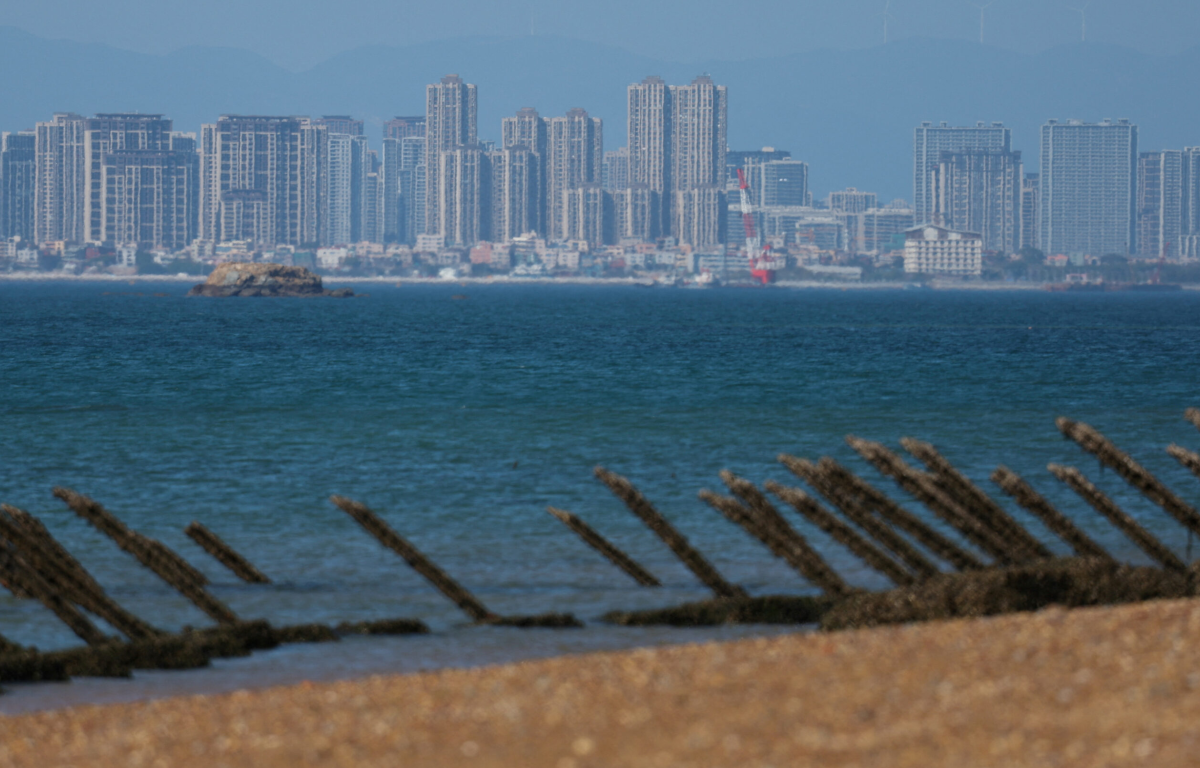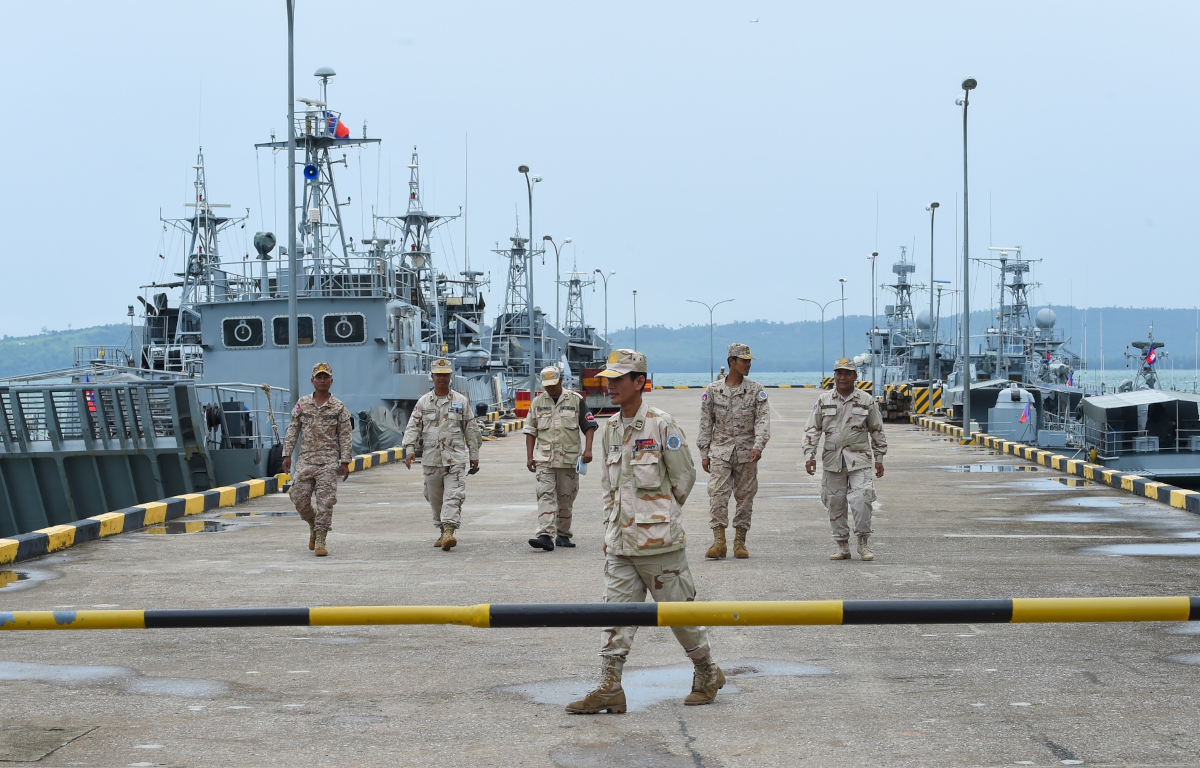
The roots of this dispute can be traced back to longstanding border issues between India and China. The two Asian giants share a vast border, which stretches for thousands of kilometers and has been a source of tension for decades. The regions of Aksai Chin and Arunachal Pradesh have been particularly contentious.
China’s new map, released unilaterally, redraws borders in a way that is not only inconsistent with established international norms but also extends its territorial claims deep into India. The map has exacerbated the already fragile relationship between the two countries, leading to widespread protests in India and diplomatic exchanges on multiple levels.
India has responded to China’s new map with strong protests and diplomatic initiatives. Prime Minister Narendra Modi has asserted India’s commitment to defending its sovereignty and territorial integrity. India has categorically rejected the map, calling it “untenable and legally untenable.”
Diplomatically, India has reached out to international partners, seeking support and understanding for its position. This approach aims to garner global consensus against China’s unilateral actions and to urge peaceful dialogue as a means of resolving the dispute.
The upcoming ASEAN Summit provides a significant diplomatic platform for India to address this issue. The Association of Southeast Asian Nations (ASEAN) serves as a forum for its member nations to discuss regional issues, promote economic cooperation, and engage in diplomatic dialogue. India, while not a member, maintains strong ties with ASEAN nations and often participates in ASEAN-related discussions.
Prime Minister Modi’s decision to discuss the border dispute with China at the ASEAN Summit reflects the importance of regional stability in South Asia and the broader Indo-Pacific region. ASEAN’s role as a neutral and multilateral platform can facilitate constructive discussions and potentially lead to a peaceful resolution.
Resolving the India-China border dispute is crucial for regional stability and peace. Both countries are major players in the global economy and geopolitics, and any escalation of tensions could have far-reaching consequences.
As the ASEAN Summit approaches, there is hope that diplomatic efforts will yield positive results. Dialogue and negotiations must be the primary tools in resolving this issue. The international community, including ASEAN members and other global powers, should encourage and support this process.
In the long term, establishing clear border agreements, building trust, and fostering economic cooperation between India and China are essential steps toward lasting peace and stability in the region. It is imperative that both countries prioritize dialogue and peaceful solutions to ensure that territorial disputes do not hinder their development and progress.
The ongoing dispute between India and China over China’s new map is a concerning development in a region already fraught with geopolitical complexities. India’s decision to address the issue at the ASEAN Summit demonstrates a commitment to diplomatic dialogue and regional stability. The international community’s support for peaceful negotiations is crucial, as a peaceful resolution to this dispute will benefit not only India and China but also the entire Indo-Pacific region. It is hoped that the ASEAN Summit will pave the way for constructive discussions and eventual resolution of this longstanding issue.










Share this: